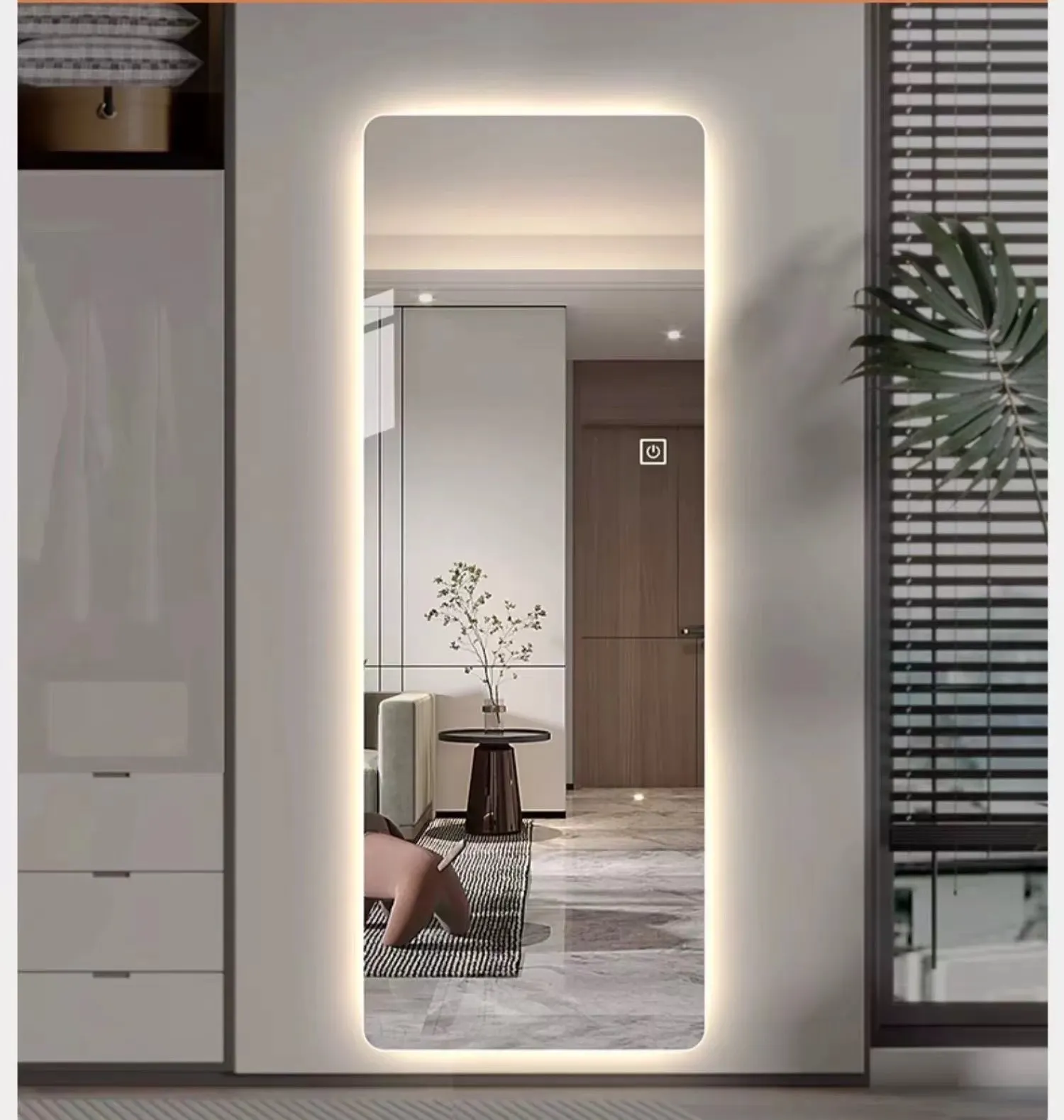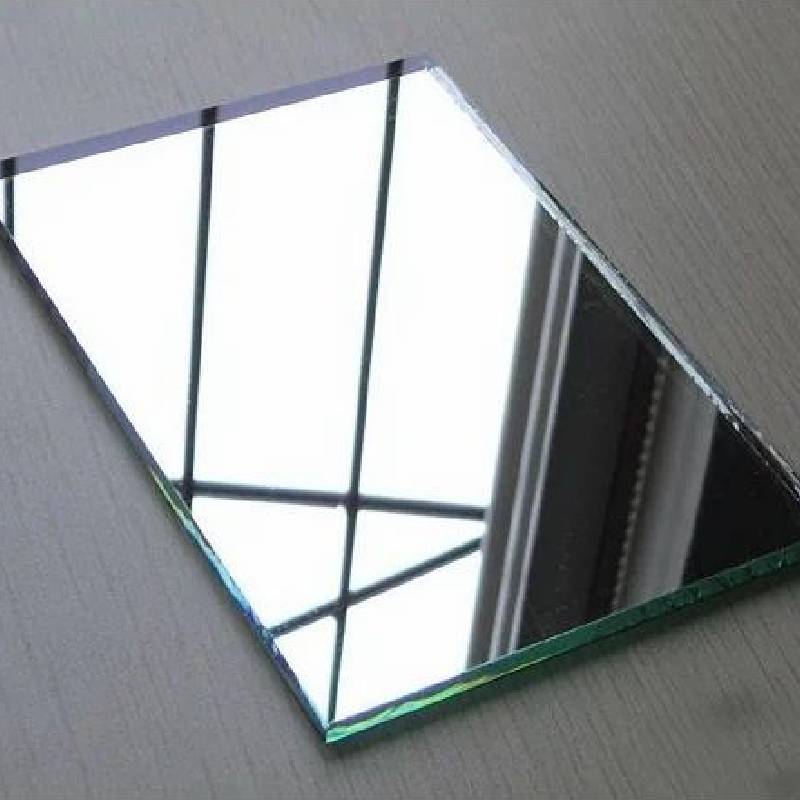In the realm of modern architecture and construction, the insulating glass unit (IGU) plays an instrumental role in balancing energy efficiency, aesthetic appeal, and structural integrity. The successful integration of IGUs into building systems not only showcases innovative building design but also underscores a dedication to sustainability and environmental stewardship.

An insulating glass unit is a sophisticated assembly of two or more glass panes separated by a spacer, designed to enhance thermal performance and reduce energy consumption. This state-of-the-art technology is integral in minimizing heat transfer between the interior and exterior of a building, significantly contributing to energy savings and reducing the carbon footprint.
Pioneers in construction and design have utilized IGUs to great effect, particularly exemplified in projects pursuing green certifications such as LEED (Leadership in Energy and Environmental Design). The expertise required in fabricating IGUs stems from an understanding of materials science, thermodynamics, and aesthetic factors, showcasing a fusion of art and engineering to deliver functional glass solutions.

A significant advantage of IGUs is their ability to be customized to suit various performance criteria. By selecting different types and coatings of glass, alongside inert gases such as argon or krypton within the cavity, IGUs can be optimized for specific climates and building orientations. This customization ensures that occupants experience optimal thermal comfort, while utility costs are kept in check.
IGUs also provide superior sound insulation properties, a crucial benefit for urban environments where noise pollution can affect quality of life. The tailored construction of these units dampens external noise, creating serene and productive spaces within commercial and residential buildings.
insulating glass unit
The trustworthiness of IGUs is established through rigorous testing and standards compliance. Reputable manufacturers adhere to global standards such as those set by ASTM and EN, ensuring that each unit is capable of withstanding environmental pressures and providing long-term performance. This commitment to quality resonates with architects and builders who demand both reliability and effectiveness in their materials.
Moreover, the maintenance of IGUs is straightforward, enhancing their appeal for property managers and homeowners. Coatings designed to minimize the need for frequent cleaning are often employed, reducing maintenance costs and prolonging the lifespan of the glass.
The aesthetic appeal of IGUs cannot be understated. With a variety of tints, coatings, and finishes available, architects have the creative flexibility to integrate these units into virtually any design scheme. Whether crafting the sleek facades of skyscrapers or ensuring harmony in residential settings, IGUs enrich visual design while aligning with sustainable practices.
Expertise in the selection and installation of IGUs requires a deep understanding of building physics and environmental considerations. Professionals trained in these domains ensure that the IGUs deliver on their promised energy efficiency and durability. This authoritative knowledge distinguishes industry leaders and inspires confidence among stakeholders who prioritize both economic and ecological considerations in their projects.
In conclusion, the insulating glass unit stands as a testament to the capabilities of modern engineering and design. Its contributions to energy savings, sound insulation, and aesthetic versatility bolster its standing as a vital component in contemporary building systems. As construction continues to evolve towards more sustainable practices, the role of the IGU is clear, offering a path forward in creating energy-conscious, beautiful, and resilient structures.



